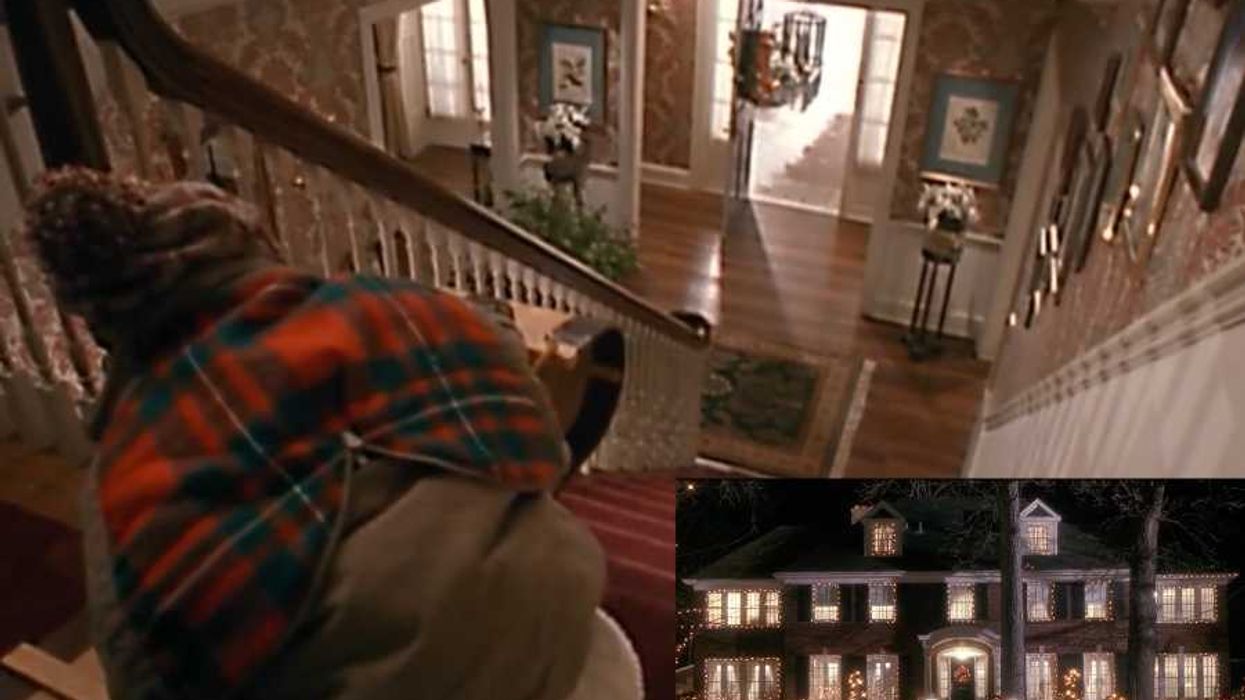Over the last couple of months, I’ve become an enthusiastic convert to my local Parkrun. For those of you don’t know, it’s a 5K running race around your local park. Joining is absurdly simple; you register online, download and print out a barcode with your name on it, and turn up. The first time I did, I was looking for someone to register with. There isn't anyone. The race starts at 9 a.m. and off you go. At the end of the race, one volunteer clicks a stopwatch as you pass the line, a second hands you another barcode, and then a third scans your personal barcode and your finisher’s barcode. A few hours later, you get a lovely email detailing your time, your race position, and a bunch of other juicy stats. The more runs you do, the more these numbers stack up—here’s my profile page.
Those numbers start to tell a story that’s familiar from a number of quantified self blog posts— progress, measurement, all that—but it’s only half of what’s going on with Parkrun. Parkrun is a proper race, with regulars, camaraderie, competition. It generates stories. It’s not just me plodding along while a robot voice tells me to hurry up. There are faces (or, more likely, backs of heads) that I recognize as I try and keep up. I’m pulled along by my own competitiveness. I know a couple of people’s names already.
All of this leads me to think of Parkrun as a lean, quantified event. Lean, because it’s got all the good things about events, facilitated through automated, minimal, digital means. I can’t tell you how much of a pleasure it is to just turn up at your first event to discover everything just works. It’s also great to know that wherever I might be on a Saturday, I can do the same (there are Parkruns all over the world). It runs on the support of volunteers, and it seems like volunteering is easy and valuable. Quantified, because of the efficient, rigorous capturing of data, and some simple effective gameful design helps foster that sense of competition and progress. I’ll be going for a personal best this weekend, I’ve got my eye on the monthly points competition, and further down the line runners can earn icons next to their names when they pass 50 or 100 runs, echoed in the t-shirts they run in. These factors combine to something very special—something simple, playful, engaging, and commitment-inducing.
As founder of Hide&Seek, a studio dedicated to the idea that play is an integral part of our human identity, I'm excited to think about how these ideas can apply to our work. I'm already imagining a similar framework for learning to ride a bike in London—a series of graded rides that gradually introduce you to the realities of urban cycling, connect you with other learners and build your ability to negotiate everything up to (but possibly not including) the Elephant and Castle roundabout at rush hour. And I think it has a great deal to offer curators of cultural spaces. There’s a tendency to think of cultural events as inextricably linked to buildings and programs; disconnecting the event experience from the narrow pipe of curation might help make sense of some of our busier cultural spaces.
See you on Saturday!
Join the GOOD community in Organizing an Office Recess—and to create your own game. Click here to say you'll DO it, and get tips on creating your own game from this toolkit.
Runner image via Shutterstock
















 Otis knew before they did.
Otis knew before they did.